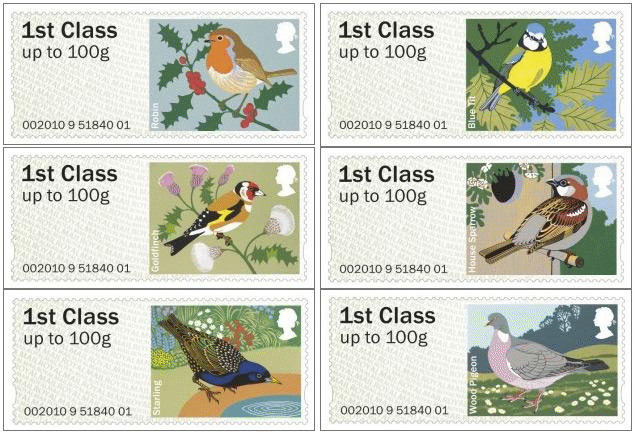More than 585,000 people took part in the RSPB’s Big Garden Bird Watch. The survey took place over a January weekend, as it has for the past 36 years. The number of amateur scientists was almost 100,000 more than last year, falling just short of the record participation in 2011. Citizen science allows scientists to tap the vast resources of an interested and passionate public by asking them to act as observers of nature. Dr Daniel Hayhow, a scientist at the RSPB Centre for Conservation Science, said the numbers of people taking the time to join the bird watch was “really exciting and the dataset that we have is a real goldmine”. Nature commentator and former RSPB conservation director Mark Avery said the turn out for birds showed how passionate the British public are about their feathered fauna. “More people counted birds in their gardens than are members of all the political parties altogether. That ought to be a lesson to them coming up to the general election,” he said. Unfortunately, the results of the bird watch struck a less positive note. Some of Britain’s most taken-for-granted birds are on a precipitous decline. House sparrows, which have declined 58% since the survey began in 1979, and starlings (down 80%) continue to worry scientists.
"With a long running study such as this you can still conclude that the long-term declines are genuine and they are backed up by results from other studies. So overall we’ve got quite serious declines in species of conservation concern, which includes the greenfinch, song thrush, starling and house sparrow,” said Hayhow, who thought many people would be surprised to hear starlings and sparrows were actually on conservation watch lists.
“They are still widespread,” he said. “Most people wouldn’t understand that they are species of such conservation concern because they see them all the time. But its the rate of that decline that is what is of concern to us,” he said.
Source: The Guardian, 20 March 2015
http://www.theguardian.com/environment/2015/mar/26/rspbs-big-garden-bir…

- Log in to post comments
